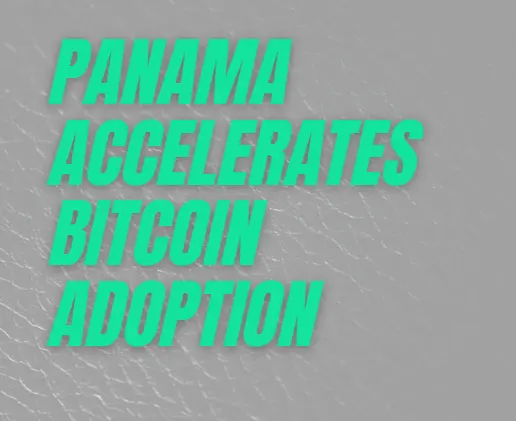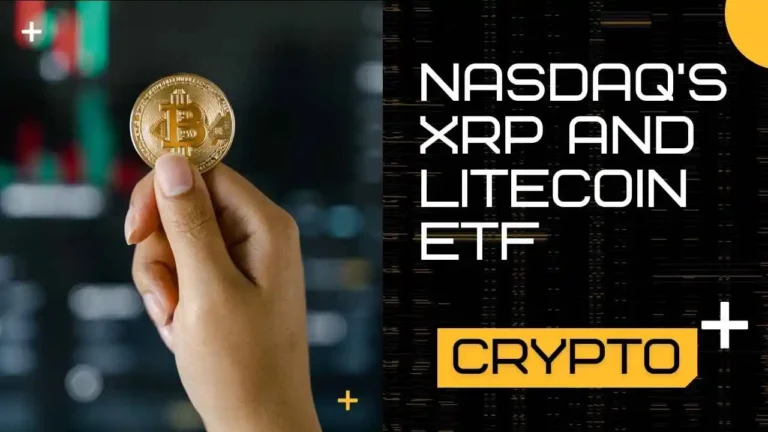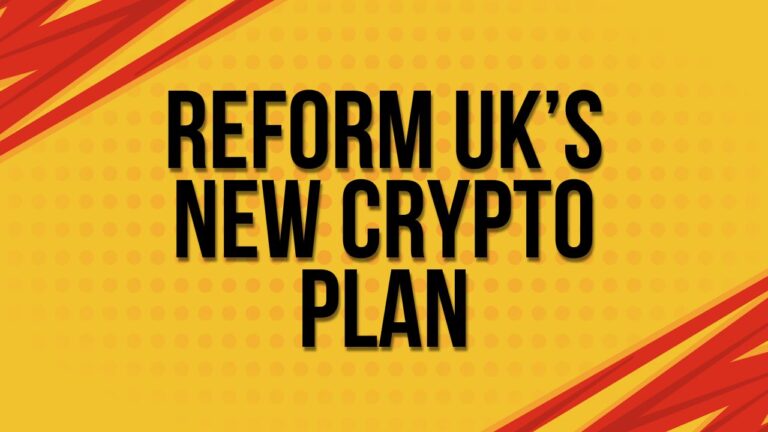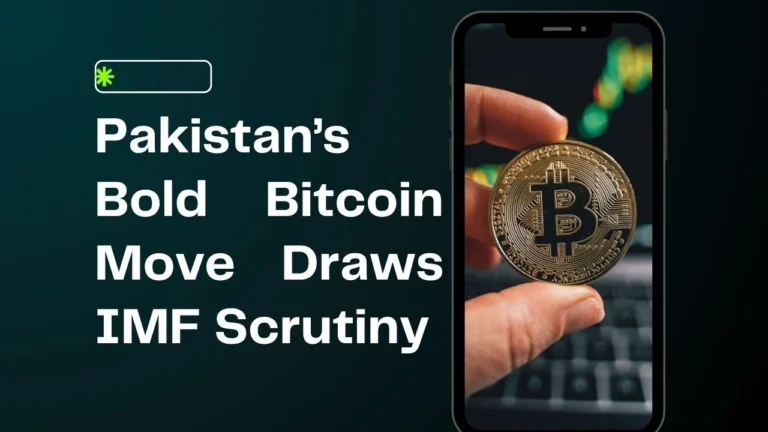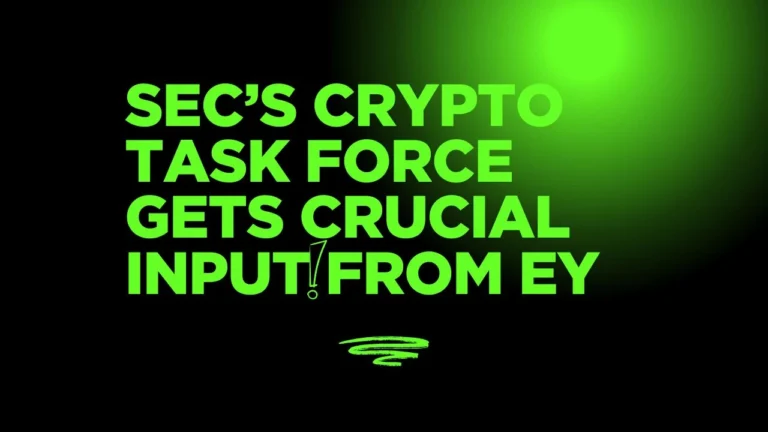Pakistan to Join Exclusive Bitcoin Reserve Club
Pakistan has made headlines with a groundbreaking announcement at the Bitcoin 2025 conference in Las Vegas, revealing plans to establish a government-led Strategic Bitcoin Reserve. This move marks a dramatic shift from the country’s previous skepticism toward cryptocurrencies, positioning it as a potential crypto hub in South Asia. Led by Bilal Bin Saqib, Special Assistant to the Prime Minister on Blockchain and Cryptocurrency, Pakistan is diving headfirst into the digital asset space with ambitious plans to leverage Bitcoin for economic growth and global influence. Here’s everything you need to know about this historic pivot and what it means for the crypto world.
A Historic Policy Shift
For years, Pakistan maintained a cautious, often restrictive stance on cryptocurrencies. As recently as 2023, the nation leaned heavily against digital assets, citing concerns over financial instability and regulatory challenges. However, the tides have turned. On May 28, 2025, Bilal Bin Saqib, who also serves as CEO of the Pakistan Crypto Council (PCC), took the stage at Bitcoin Vegas 2025 to unveil the country’s bold new vision: a national Bitcoin reserve designed to hold assets long-term, not for trading or speculation. This announcement signals Pakistan’s intent to embrace blockchain technology and decentralized finance as pillars of its economic strategy.
Saqib described the reserve as more than a financial maneuver—it’s a “national rebranding.” With over 40 million crypto wallets and an estimated $300 billion in annual crypto transaction volume, Pakistan is already a significant player in the global crypto market. The government’s decision to formalize a Bitcoin reserve reflects a strategic effort to harness this growing sector for economic stability and international investment.
Inspired by the U.S. and Global Trends
Pakistan’s Bitcoin reserve plan draws inspiration from the United States, where President Donald Trump signed an executive order in March 2025 to establish a federal Bitcoin reserve using confiscated digital assets. Saqib acknowledged this influence, thanking the U.S. for paving the way and expressing Pakistan’s commitment to holding its Bitcoin as a sovereign asset. “We will never, ever sell them,” Saqib emphasized, echoing the U.S. approach to treating Bitcoin as a long-term store of value.
Other nations, like El Salvador, have also embraced Bitcoin as part of their economic frameworks, with El Salvador holding over 6,191 BTC valued at more than $664 million. Pakistan’s move places it among a small but growing group of countries recognizing Bitcoin’s potential as a strategic reserve asset, especially as global debt burdens and economic uncertainties push governments to explore alternative financial systems.
Powering Bitcoin Mining with Surplus Energy
A key component of Pakistan’s crypto strategy is its allocation of 2,000 megawatts of surplus electricity to fuel Bitcoin mining and artificial intelligence (AI) data centers. This initiative, announced alongside the reserve plan, aims to transform underutilized energy resources into high-value digital assets. Pakistan’s energy sector has long grappled with excess capacity and high electricity costs, but repurposing this power for mining could generate revenue, create jobs, and attract foreign investment.
The government is actively inviting global miners, tech firms, and renewable energy partners to participate in this project. By leveraging surplus energy, primarily from coal-fired power plants operating at just 15% capacity, Pakistan aims to modernize its power sector while positioning itself as a competitive player in the global crypto mining landscape. This move also aligns with the country’s broader goal of integrating blockchain technology into governance, finance, and land record systems.
The Pakistan Digital Assets Authority (PDAA)
To support its crypto ambitions, Pakistan has established the Pakistan Digital Assets Authority (PDAA), a regulatory body tasked with overseeing the digital asset sector. Approved by the Ministry of Finance, the PDAA will regulate Bitcoin, stablecoins, tokenized assets, wallets, and decentralized finance (DeFi) applications. This framework aims to protect investors, empower developers, and create a secure environment for digital finance, addressing concerns about fraud and market volatility.
The PDAA’s creation is a critical step toward unlocking Pakistan’s estimated $25 billion crypto market. With 25 to 40 million active crypto users, the country has a robust foundation to build a regulated, transparent digital economy. The authority’s FATF-compliant framework will also enhance Pakistan’s credibility on the global stage, attracting international stakeholders like Binance co-founder Changpeng Zhao, who serves as a strategic advisor to the PCC, and World Liberty Financial, a Trump-backed crypto platform collaborating on blockchain innovation.
International Collaboration and Challenges
Pakistan’s crypto push has garnered significant international attention. The PCC’s partnerships with high-profile figures like Changpeng Zhao and World Liberty Financial signal a commitment to aligning with global crypto leaders. These collaborations aim to accelerate blockchain adoption, develop tokenized assets, and explore DeFi infrastructure, positioning Pakistan as a hub for digital innovation in South Asia.
However, this bold shift comes with challenges. Pakistan’s economy has faced declining foreign direct investment, down 45% in February 2025 compared to the previous year, alongside regional tensions, including a recent conflict with India. The ceasefire, brokered by the U.S., has allowed Pakistan to focus on economic reforms, but analysts warn that geopolitical instability could complicate its crypto ambitions. Additionally, public perception of Bitcoin and blockchain technology remains mixed, requiring robust education and outreach efforts to build trust.
What This Means for Bitcoin and Global Crypto Markets
Pakistan’s entry into the Bitcoin reserve club is a bullish signal for the cryptocurrency’s global adoption. With Bitcoin trading above $109,400 as of May 29, 2025, following a surge from $75,000 the previous month, the market is already riding a wave of optimism driven by pro-crypto policies in the U.S. and elsewhere. Pakistan’s commitment to holding Bitcoin long-term could further legitimize it as a reserve asset, potentially driving demand and price stability.
The allocation of 2,000 megawatts for mining also positions Pakistan to influence Bitcoin’s hash rate distribution, potentially attracting miners displaced by energy constraints in other regions. This could enhance the network’s security and decentralization while boosting Pakistan’s economy through mining revenue and tech investments.
A New Era for Pakistan’s Digital Economy
Pakistan’s Strategic Bitcoin Reserve marks a turning point in its economic and technological trajectory. By embracing digital assets, the country is not only addressing domestic challenges like surplus energy and economic diversification but also signaling its ambition to lead in the global digital economy. Bilal Bin Saqib’s vision, backed by international partnerships and a forward-thinking regulatory framework, positions Pakistan as a contender in the race to become a crypto powerhouse.
As Saqib stated at Bitcoin 2025, “Pakistan is no longer defined by its past.” With a national Bitcoin wallet, a robust regulatory authority, and a commitment to blockchain innovation, the country is poised to redefine its identity on the global stage. For crypto enthusiasts, investors, and developers, Pakistan’s move is a clear invitation to join a nation ready to build the future of finance.


